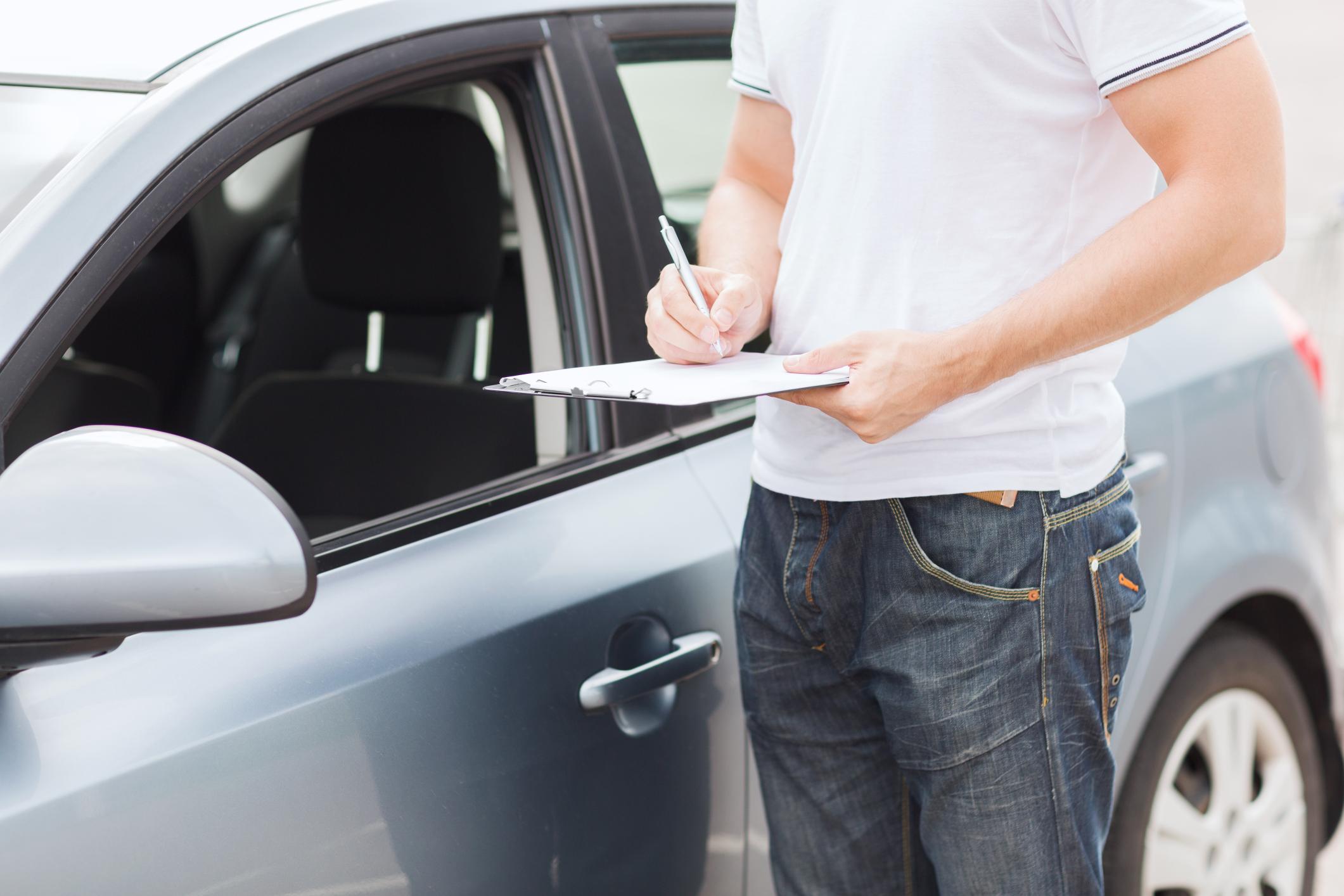 When renting a car, few people have much knowledge about their options for rental insurance. Often, when people rent cars they are doing so after a flight after they’re already tired, distracted or in a rush to get to their final destination.
When renting a car, few people have much knowledge about their options for rental insurance. Often, when people rent cars they are doing so after a flight after they’re already tired, distracted or in a rush to get to their final destination.
Unfortunately, this minor oversight can have drastic consequences in the event they get into a car accident and are not covered by any auto insurance policy. Some simple preparation can ensure you remain covered as required by the law or if you need to purchase rental car protection.
Are You Already Covered?
Existing Insurances
Chances are you already have your own vehicle insurance, which may also translate to rental cars. Check your auto policy before purchasing rental insurance. If your current policy covers liability only, add extra collision damage. You may also be able to save a few bucks with your existing renter’s, homeowner’s and even condominium insurance as these will often cover any property that gets stolen out of a rental car.
Credit Cards
Some credit card companies will provide some amount of coverage for rentals that are made with their card. This coverage, however, is considered secondary to another insurance coverage. One benefit is that if you are lucky enough to have a card that covers primary damages, it will keep you from having to file a separate insurance claim, which will keep your premiums low.
What Does Insurance from Rental Companies Cover?
Collision Damage
While rental car protection isn’t truly car insurance (it’s really just a waiver that transfers the responsibility to any financial damages to you), it will typically cover theft or damage to rental cars as well as fees if the car needs towed. This option typically costs renters $10 to $40 a day.
Supplemental Insurance
Supplemental insurance will keep rental companies from being sued in the event of a crash and it insures that you at least have liability insurance while behind the wheel of their vehicle. This insurance generally runs between $9 and $16 per day.
Conclusion
Car insurance is required in most states in order to have a vehicle on the road. Failure to have coverage will not only leave you in danger of fines, but vulnerable to being sued in the event of a car crash. Don’t drive uninsured! Even if you have to pay the fee for rental car protection, think about the fact that $10 a day costs much less a car accident lawsuit.
And of course, if you’ve been involved in a crash with an uninsured driver, contact Babcock Law for a free consultation.

